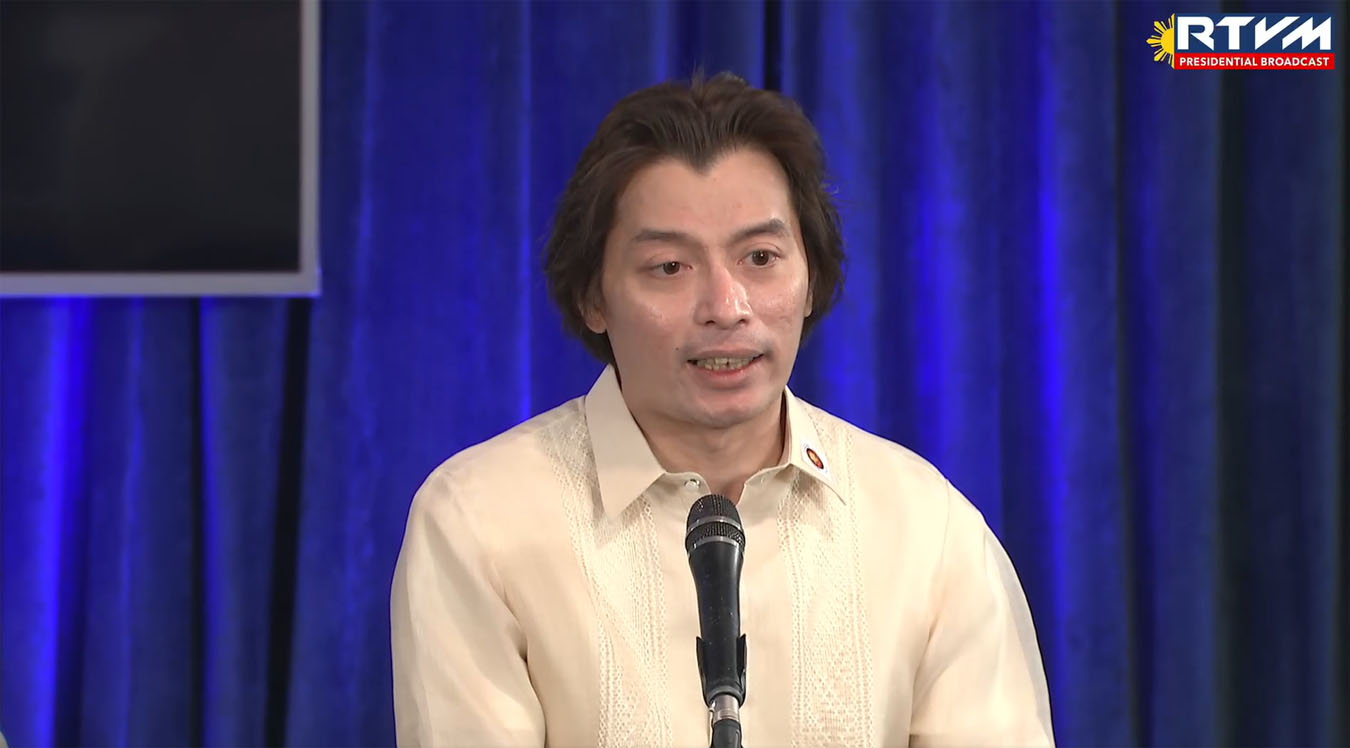
DepEd Undersecretary Michael Poa. RTVM/PCO WEBSITE
MANILA, Philippines — Teachers and nonteaching staff do not need to buy collared shirts that they can wear as alternate uniforms for summer, the Department of Education (DepEd) said on Wednesday.
Michael Poa, DepEd spokesperson and undersecretary, told reporters that the agency’s April 11 memorandum on optional “comfortable clothing” amid rising temperatures nationwide said that any collared shirt used in the agency’s previous activities could be worn.
“Any color. Worn in any previous event[s]. So, there is no need for them to buy,” Poa said in a message thread.
Poa’s response was based on a query about collared shirts with DepEd logos being sold on online shopping apps such as Lazada and Shopee. The shirts come in different colors like blue, yellow, pink and fuchsia.
Earlier, he had to clarify that DepEd was not limiting the color of shirts that teachers and nonteaching staff could wear to just white, red and green.
READ: DepEd allows alternative uniforms for ‘hot’ teachers
Objectionable colors
This was after the Alliance of Concerned Teachers (ACT) observed that the samples of collared shirts shown in the DepEd memorandum would make their members look like campaign managers.
READ: DepEd: No set colors for alternative uniforms
Red and green, respectively, were the campaign colors of then Sen. Ferdinand Marcos Jr. and Davao City Mayor Sara Duterte for the May 2022 national elections.
DepEd Assistant Secretary Francis Cesar Bringas also clarified that the prescribed collared shirts were “not limited to those related only to [the agency’s] national programs.”
“There were DepEd events in schools, districts, divisions and regions where shirts were distributed,” Bringas told reporters in the same thread. “Those are allowed so long as collared as per guidelines. So no need to buy.”
In a press briefing, ACT said the alternate uniform policy was a “short-term solution” as it asked the government to instead adopt long-term solutions such as building more classrooms with proper ventilation.
Another solution would be the immediate return of schools to the old academic calendar, with classes held from June to March and students and teachers going on vacation in April and May—the peak of the dry season.
“We have long been pressing for the immediate return to the June-March school calendar to address this intense heat we are all experiencing in classrooms, but sadly, the government would rather impose this alternative uniform policy,” ACT Chair Vladimer Quetua said.
“They can’t see the long-term solution here, and based on what we know, we can immediately return to the old-school calendar,” he added.

